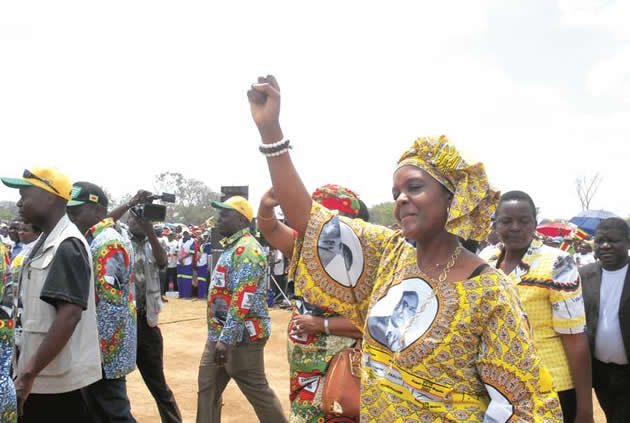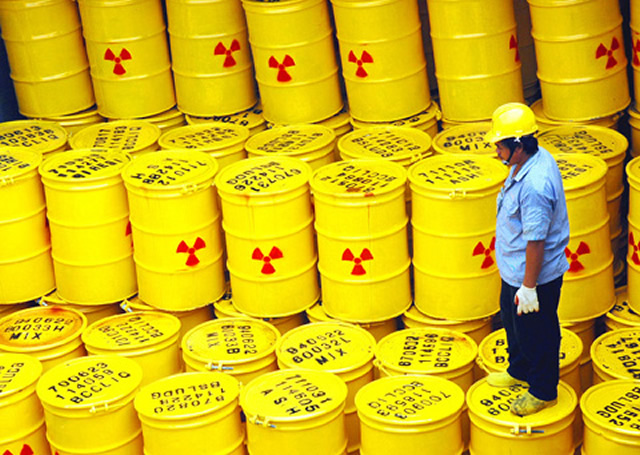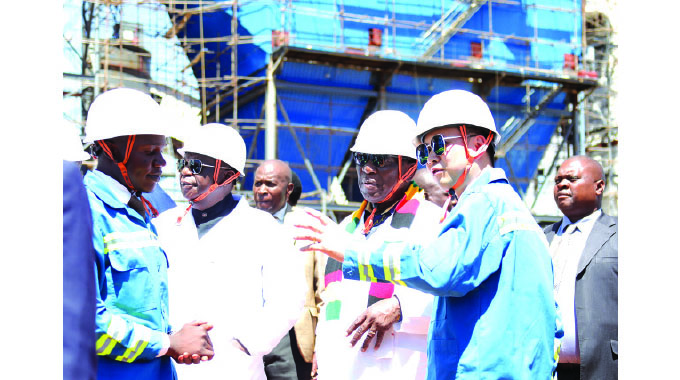Power politics or politics of the belly?


Thousands of zanu-pf supporters thronged the First Lady Amai Grace Mugabe’s (right) “Meet the People” tours and also converged at zanu-pf Headquarters in Harare for they know on which side their bread is buttered
Stephen Mpofu Correspondent
Will it be power politics, or will it be politics of the belly, or will both these rule the roost in the future for our beloved motherland? The haggling for power going on, on either side of the political divide, suggests that these two are strange political bedfellows and, as such, will only be accommodated in the hearts of povo as a source of unmitigated, conflictual political situations detrimental to peace and stability and unimpeded social and economic development in this country.
In this pen’s humble opinion, politics of the belly looks set to set the destiny of this nation politically and developmentally, in the same way as it has cleared the way to Zanu-PF’s elective congress in a fortnight’s time by shoving in the shade the ruling party’s provincial chairpersons accused of promoting factionalism and corruption to feather their own political nests, while the people under the disgraced leaders’ jurisdiction are left behind to move like carriages of a train without a locomotive to pull them along the path of development.
Political historians chronicling events in the three decades of independence from white oppressive minority rule will no doubt highlight in their accounts the grand misjudgment of the political mood among povo by the so-called educated elite who speak the language of our former oppressor with an exaggerated accent and ply their political trade with an articulated swagger.
The leaders of political parties that bit the dust in last year’s July 31 elections and those from the ruling party now languishing in virtual political obscurity, at least for the moment, clearly alienated themselves from the people by playing big power politics, thereby causing a crisis of political incompatibility between them and the mass of their followers who disowned them as a result.
It would appear that the new provincial chairpersons’ first major task will be to bridge the gulf created by their predecessors, by raising the level of political culture in their party through effective political communication between those in the top hierarchy of the party’s provincial leadership and ordinary members who — and come to think of it — hold the trump card in any election of leaders of their party.
Had the leaders who have been axed been in constant touch with their followers to discuss political developments in the country, they would have read the political temperature among the mass of their supporters and might have refrained from moving like unguided missiles and avoided the boomerang results that has now seen them pushed out of the political limelight, at least for now, and into the dark shade.
It is an indisputable fact that the politics that have underpinned and sustained big electoral victors since independence have been the politics of the restoration of dignity to the black majority in this country; land reform; indigenisation and black empowerment: all these falling into the bracket of bread and butter issues, not big air-conditioned offices with wall to wall carpets.
As such, throngs of fervent supporters have been converging on the Zanu-PF headquarters in Harare and on the First Family’s property in Mazowe to shower their support for President Mugabe and his wife, the First Lady Grace Mugabe, because the masses know on which side their bread is buttered and know who is ultimately responsible for providing both the bread and the butter.
For that reason, those plotting the ouster of the President, who is credited by povo with providing sustenance to otherwise empty bellies, are unwittingly laying their bare hands on lethal, live wire and no one but themselves will only be to blame for the consequences of such a treasonable gamble.
To be sure, the authors of the ouster plot, whoever and wherever they might be — and the external enemy is no doubt directing the rehearsal of that act with a hidden hand — should realise that their blind hunger for power for themselves has the potential to cause not just instability but probably rivers of blood as well under which the plotters and their own relatives might drown rather than swim across the floods and into the safety of their foreign masters land.
This is because to kill the President, as his detractors are reported wanting to do so, will be tantamount to killing povo’s aspirations for continued peace and stability and the restoration of the rights and dignity of our people violated or simply neglected by the colonial rulers.
Consequently, therefore, for anyone planning the assassination of our constitutionally elected leader — less than a year after he received a fresh mandate to rule this country for the next five years — is gravely mistaken, alternatively blinded with a desire for power, or by the might of folly to believe that the masses will ululate or celebrate such a dastardly act.
These Zanu-PF leaders who have fallen by the wayside have two alternatives upon which they must base their future, and one of these is that if they dig a hole and spit into it with the pledge never again to resort to dirty politics and live model lives, a new positive political life for them might open one day to give them a new beginning into the opaque future.
The other option which already appears lucrative for those plotting the removal of President Mugabe is a marriage of convenience with Zanu-PF’s opposition political parties to bolster their rivalry with the ruling party in hopes of eventually upstaging Zanu-PF and taking over power in this country.
Two scenarios appear inevitable in this alternative.
First, the foreign enemies of Zanu-PF’s rule, ever so raring to move in and exact regime change, will see in the new alliance an open back-door through which to move into the country riding on its moral and financial backing for the new political marriage.
Secondly, an unholy alliance against Zanu-PF is unlikely to be sustained long enough to have a damaging impact on the revolutionary party.
Present leaders of opposition parties — themselves die-hard lovers of power and façade democrats — will monitor the new arrivals for any hint of a desire to eclipse the incumbent leaders, who will then act at speed to clip the wings of the newcomers for the security of their own political power.
Since it is known that like poles do not attract each other, the new relationship will fall apart sooner rather than later.
In retrospect, therefore, this pen surmises that after what has been happening in Zanu-PF lately party politics may never, never again remain the same as the masses through people power are likely to remain entrenched in the driving seat of political dynamics in Zimbabwe for better and not worse.
This is because Zimbabweans have crested the watershed of their political system and are now on the straight toward its full maturation and will never again look back, come what may — or so it seems.







Comments